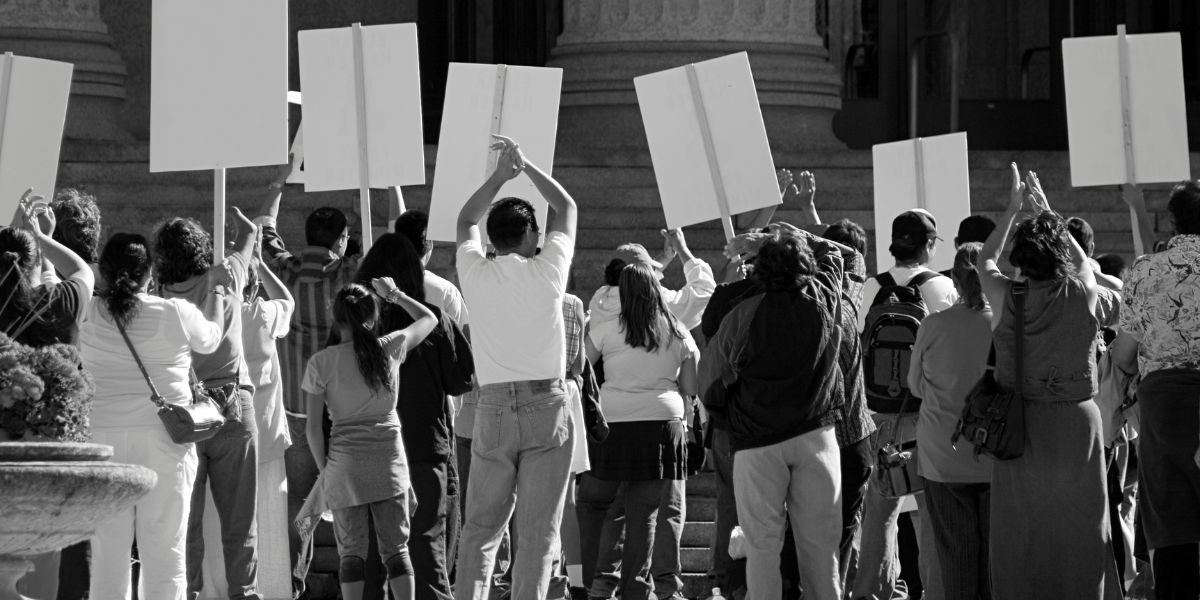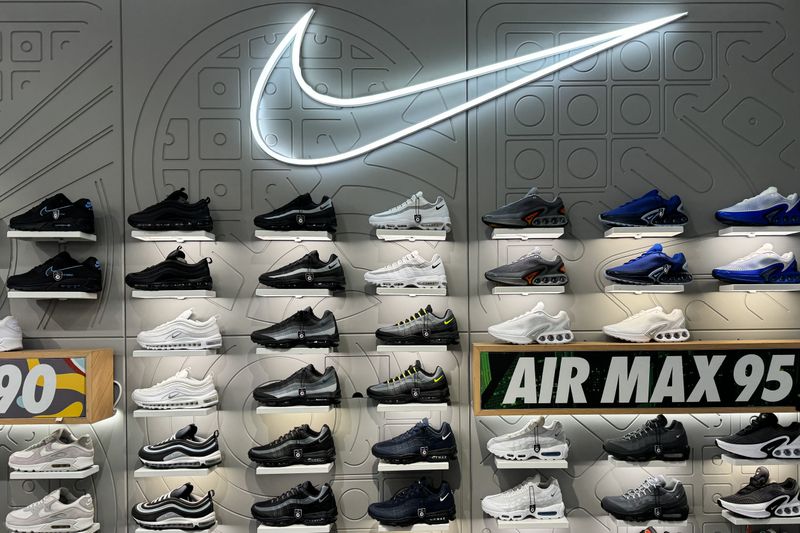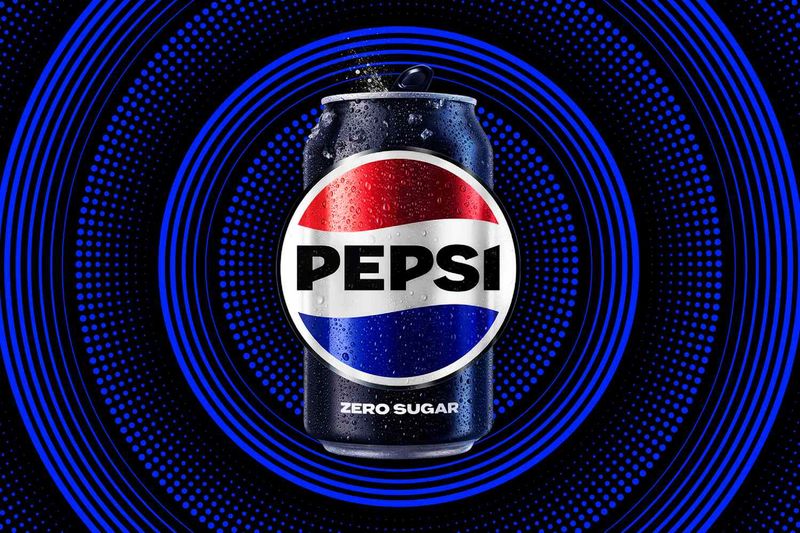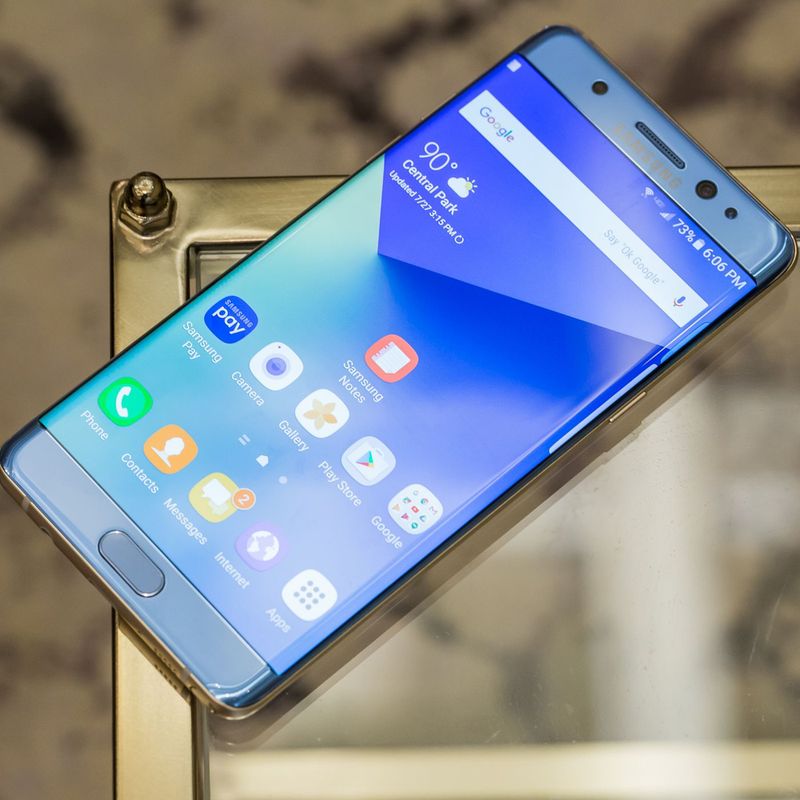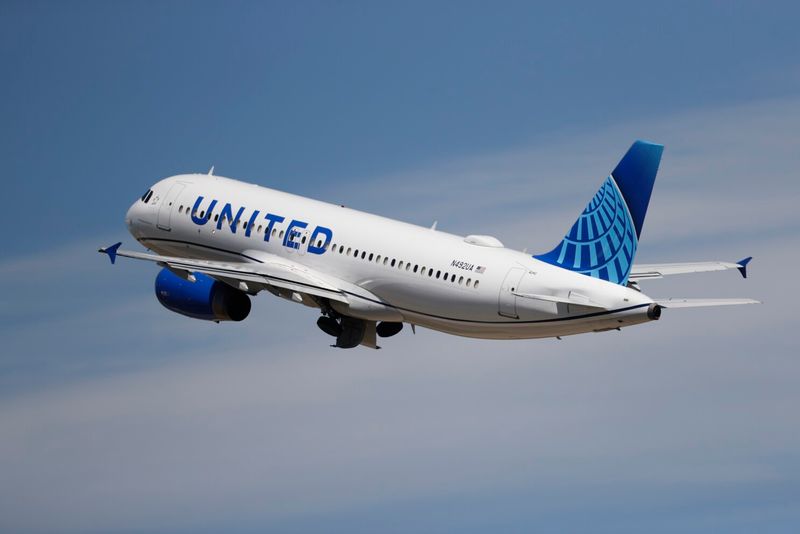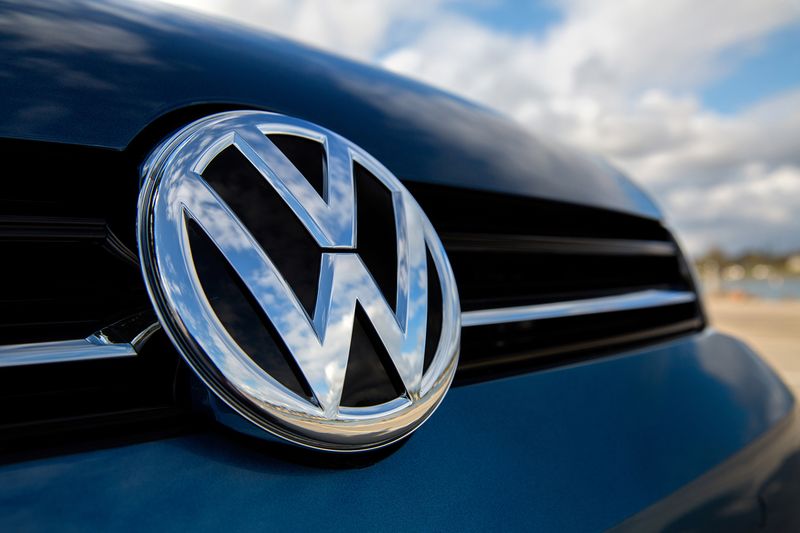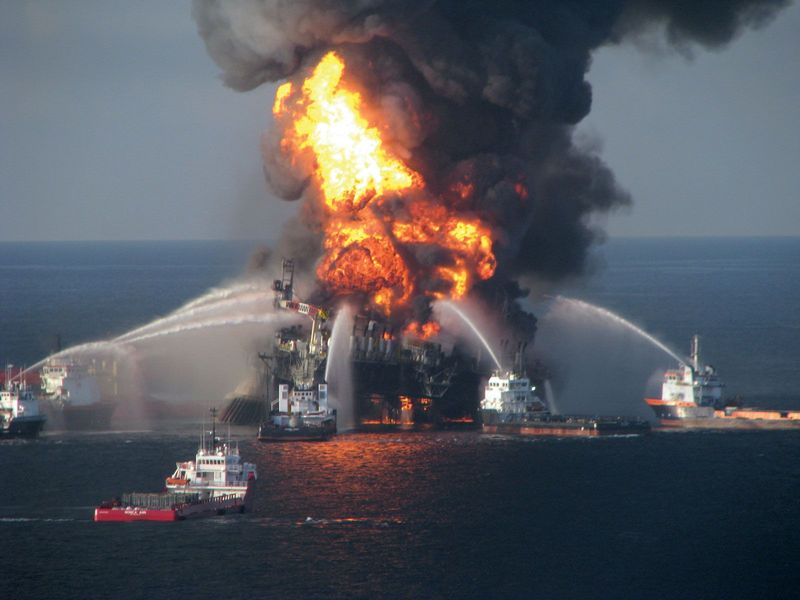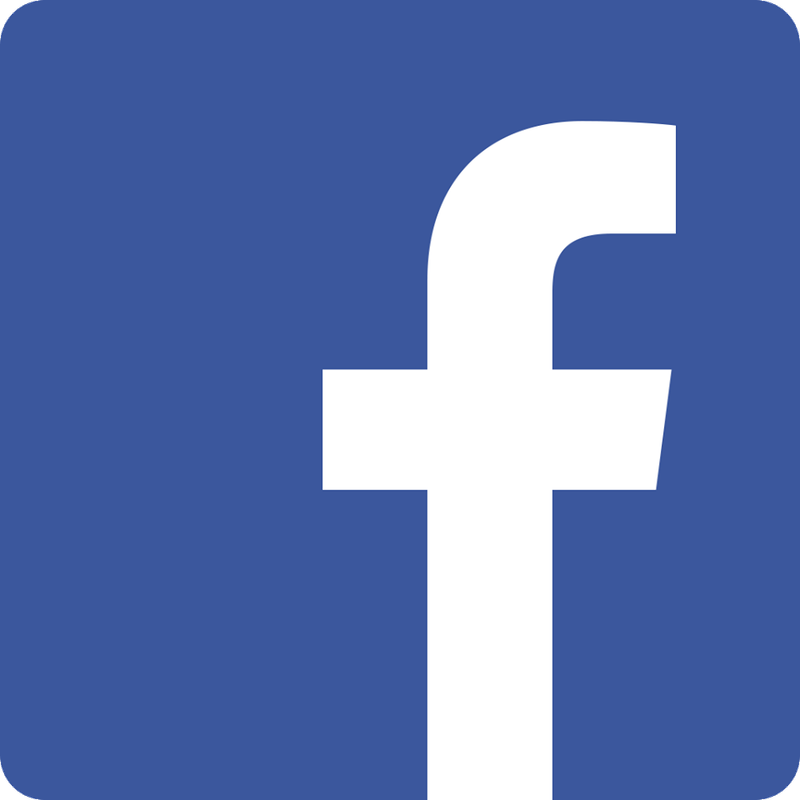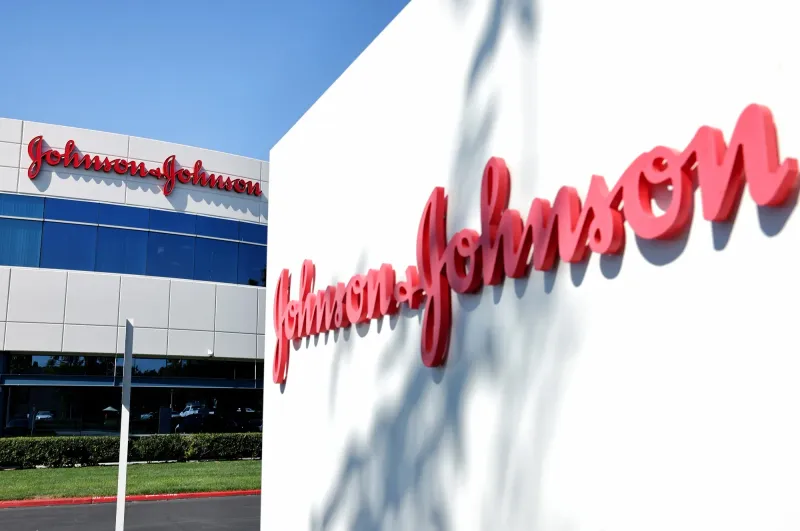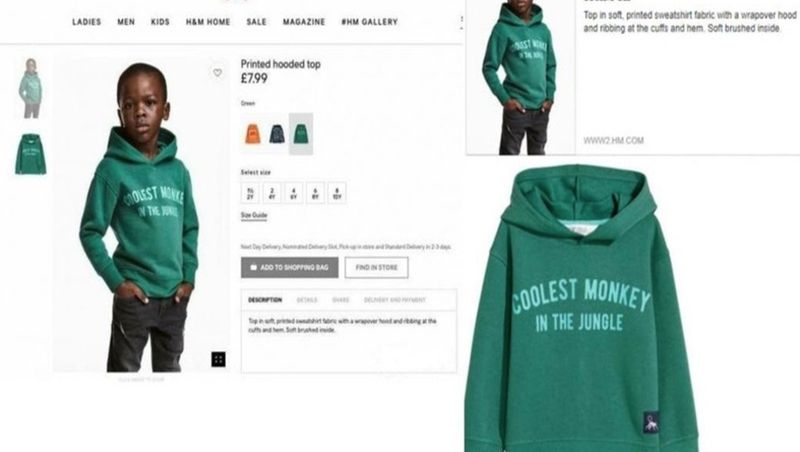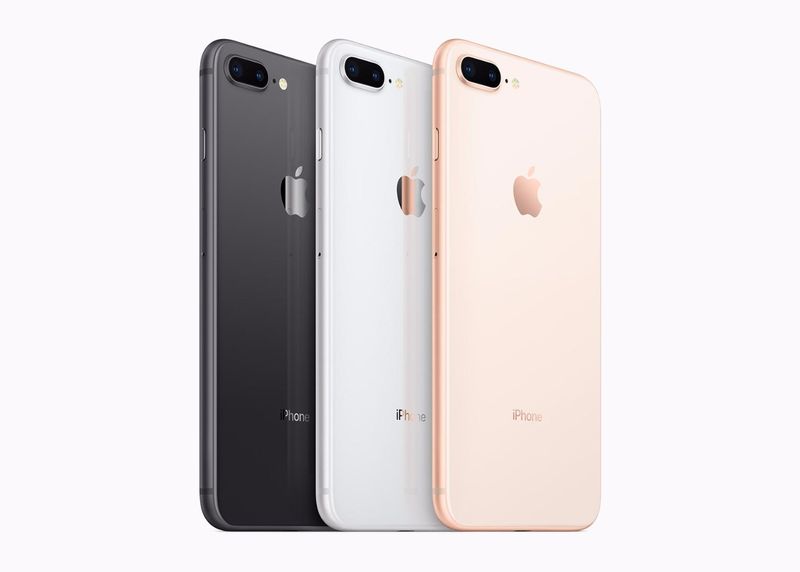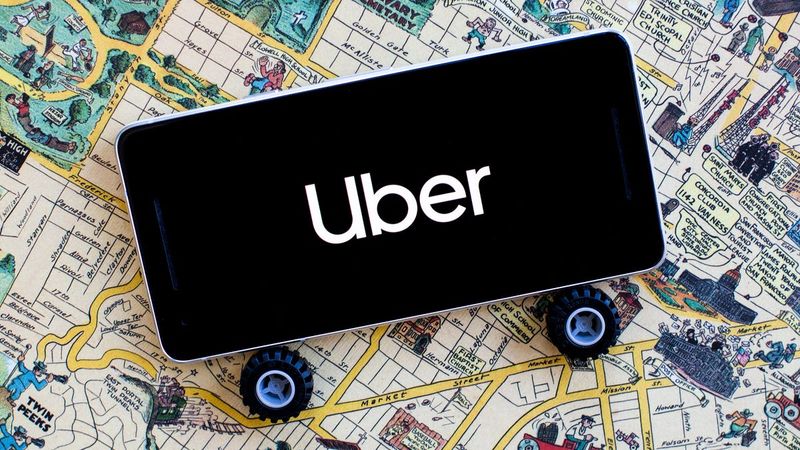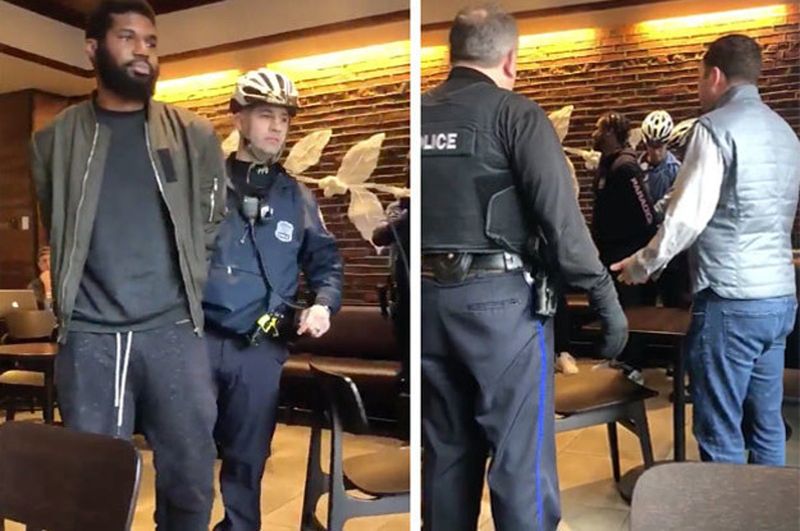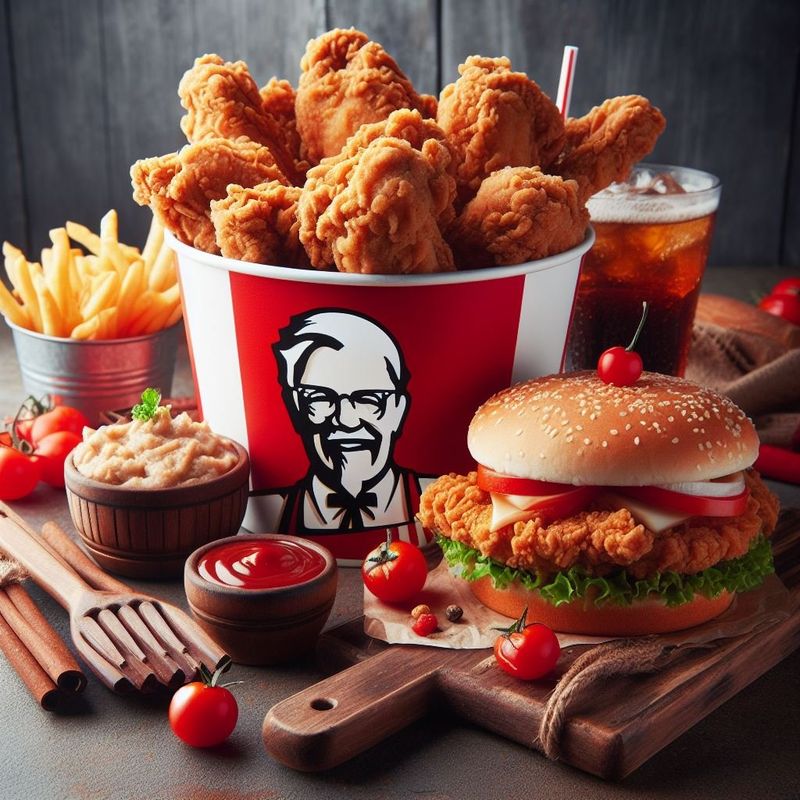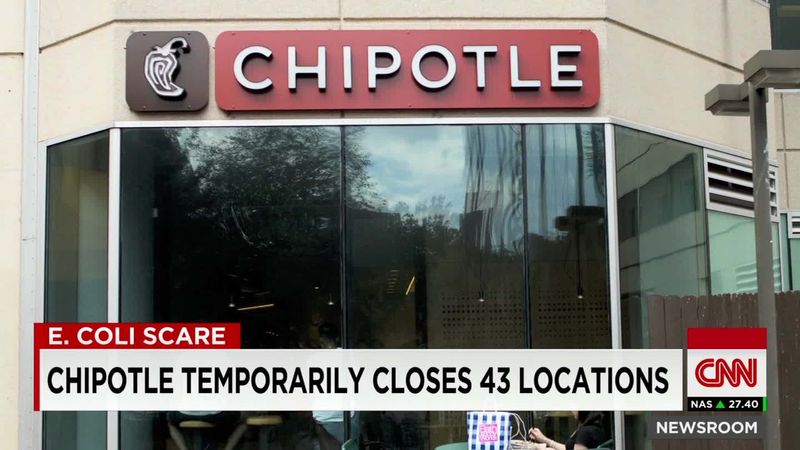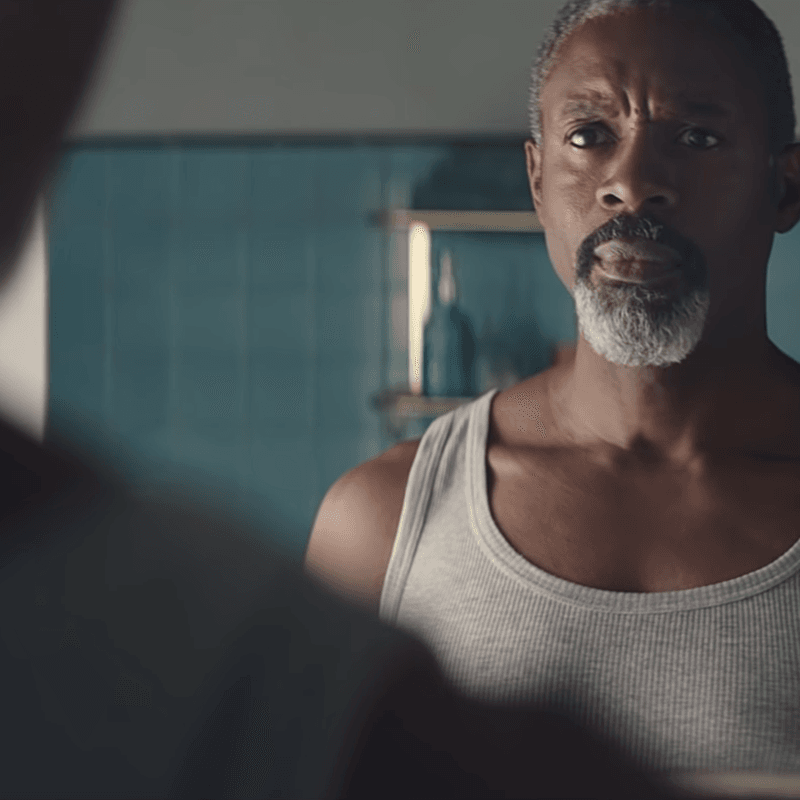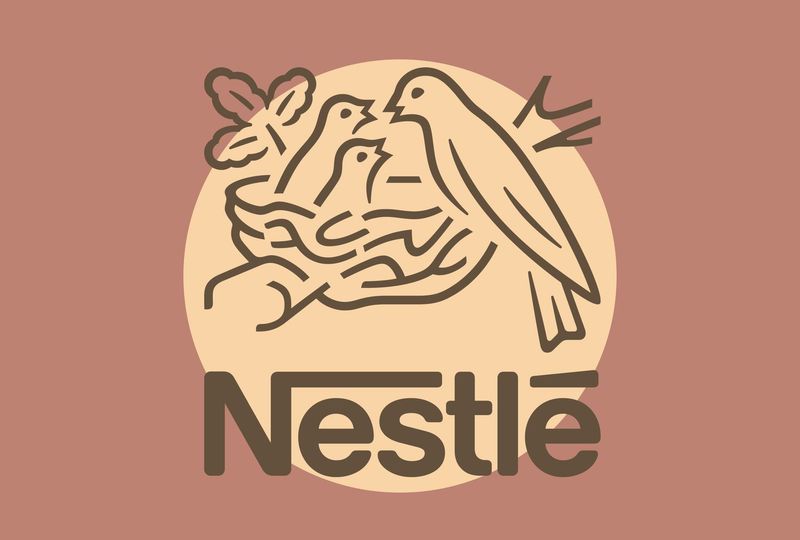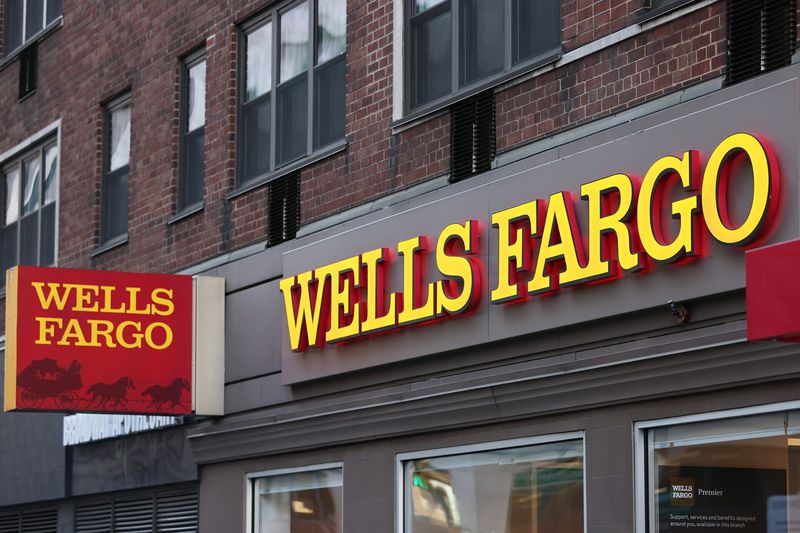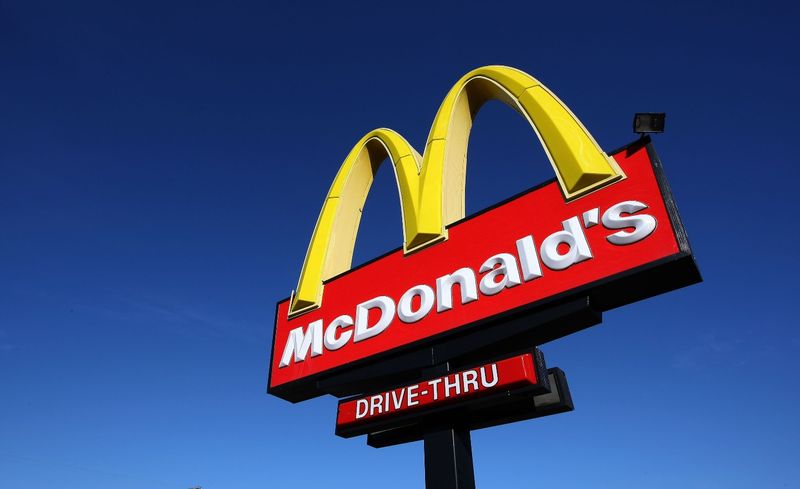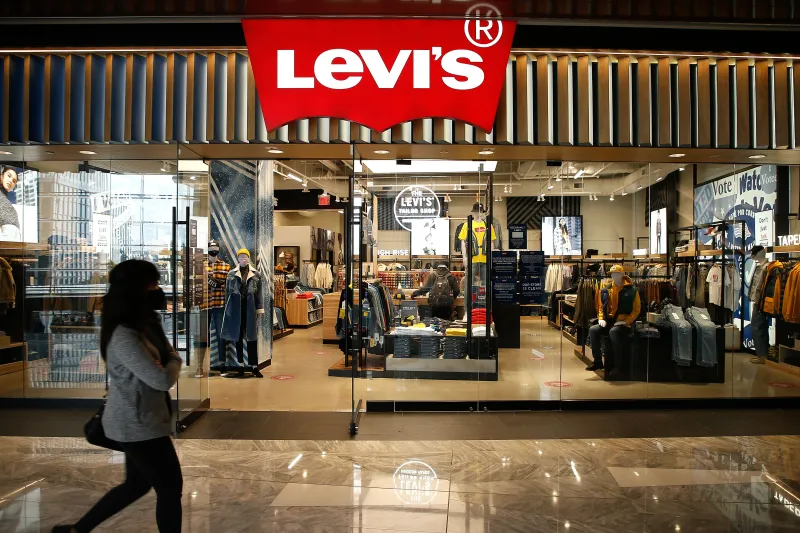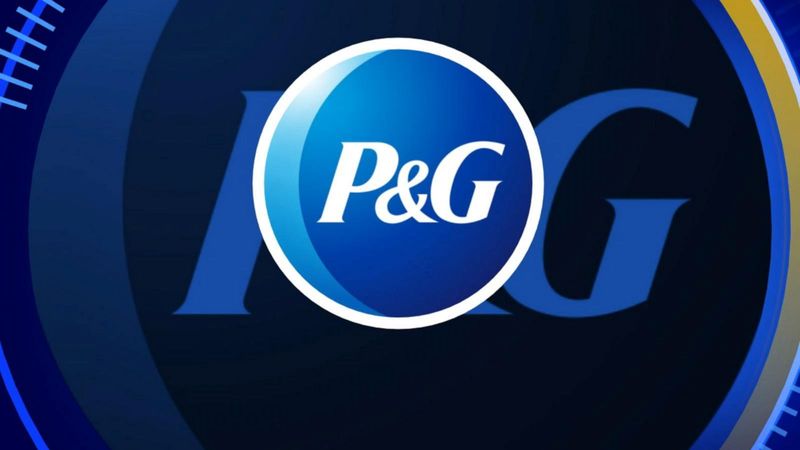In today’s dynamic market, brands often walk a fine line between innovation and controversy. Public backlash can quickly ensue from a misstep, threatening a brand’s reputation and financial stability.
However, the resilience and adaptability of businesses often shine through their recovery strategies, restoring public trust and even strengthening their market position.
This blog post delves into 25 notable brands that faced significant public backlash, highlighting their recovery journeys and lessons learned.
From learning the importance of cultural sensitivity to the power of sincere apologies, these stories offer valuable insights into crisis management and brand resilience.
1. Nike
Nike faced backlash over labor practices in the 1990s, drawing attention to underpaid workers in overseas factories.
The brand’s reputation was at stake. Nike responded by increasing transparency, implementing strict labor standards, and investing in community programs.
The brand also launched impactful advertising campaigns that focused on diversity and inclusion, reinforcing its commitment to ethical practices. These efforts helped restore consumer confidence.
Nike’s journey underscores the importance of accountability and proactive change, demonstrating that meaningful recovery is attainable through sincere commitment to better practices. Today, Nike continues to thrive as a global leader in sportswear.
2. Pepsi
In 2017, Pepsi released an ad featuring Kendall Jenner that was perceived as trivializing social justice movements. The backlash was swift and widespread. Pepsi quickly pulled the ad and issued an apology, acknowledging their misstep.
They engaged directly with critics and took steps to ensure future campaigns would be more sensitive and inclusive. This incident highlighted the need for brands to deeply understand social contexts before launching campaigns.
Pepsi’s recovery process involved listening to consumer feedback and adapting strategies accordingly, preserving their market position and reinforcing the importance of cultural sensitivity in marketing.
3. Samsung
Samsung’s Galaxy Note 7 recall in 2016 due to battery explosions was a major setback. The crisis resulted in financial losses and damaged consumer trust.
Samsung responded with a comprehensive recovery plan, including a global recall, sincere apologies, and extensive investigations into battery safety. The brand invested heavily in quality assurance and research to prevent future incidents.
By prioritizing transparency and consumer safety, Samsung managed to regain its reputation.
This recovery highlighted the need for swift action and accountability in crisis situations, showcasing Samsung’s resilience and dedication to customer satisfaction and innovation.
4. United Airlines
United Airlines faced intense backlash in 2017 after a passenger was forcibly removed from an overbooked flight. The incident was caught on video, sparking outrage. United’s initial response was criticized, prompting a shift in strategy.
The airline implemented policy changes to prevent such incidents, including increased compensation for passengers and improved customer service training. United also issued a public apology and demonstrated a commitment to better practices.
This case emphasizes the importance of empathy and customer-first approaches in crisis management, illustrating how apologizing and genuine policy reforms can lead to recovery and restored trust.
5. Volkswagen
Volkswagen’s 2015 emissions scandal, where software was used to cheat pollution tests, led to massive fines and loss of consumer trust.
The brand embarked on a recovery journey by accepting responsibility, paying fines, and investing in electric vehicle technology. Volkswagen’s commitment to sustainability became central to their brand strategy.
They launched extensive advertising campaigns to highlight their new focus on eco-friendly practices.
This recovery process reinforced the need for brands to adhere to ethical practices and innovate towards sustainability, showcasing Volkswagen’s ability to turn a crisis into an opportunity for reinvention and growth.
6. BP
BP’s Deepwater Horizon oil spill in 2010 was one of the worst environmental disasters. The backlash was severe, impacting BP’s reputation and finances.
BP addressed the crisis with transparency, establishing a compensation fund for victims and investing in environmental restoration. The brand also enhanced safety protocols and technology to prevent future spills.
Over time, BP’s commitment to correction and community engagement helped restore its image. This recovery story highlights the necessity of genuine efforts to rectify mistakes and the power of corporate responsibility and innovation in overcoming public backlash.
7. Facebook
Facebook faced massive backlash in 2018 over data privacy concerns following the Cambridge Analytica scandal. The breach of trust led to increased scrutiny and regulatory challenges.
In response, Facebook introduced comprehensive privacy controls, increased transparency in data handling, and invested in security measures. CEO Mark Zuckerberg issued public apologies and outlined steps to protect user data.
This recovery process underscored the importance of privacy and trust in the digital age. By committing to transparent practices and improving user experience, Facebook managed to retain its vast user base and recover from the crisis.
8. Johnson & Johnson
Johnson & Johnson faced one of its biggest challenges in the 1980s with the Tylenol cyanide poisoning crisis. The incident shook consumer trust. The company swiftly recalled all Tylenol products, demonstrating a commitment to consumer safety over profit.
They introduced tamper-proof packaging and communicated transparently with the public. This decisive action and commitment to innovation in safety restored trust and set new industry standards.
Johnson & Johnson’s recovery story is a testament to the power of prioritizing consumer welfare and the impact of transparent communication during crises, ultimately turning a potential disaster into an opportunity for leadership.
9. Gucci
In 2019, Gucci faced backlash over a sweater that resembled blackface imagery, sparking accusations of racism. The brand quickly removed the item and issued a public apology.
Gucci implemented diversity initiatives, appointing a global head of diversity and launching community programs. They committed to cultural sensitivity training for employees.
This proactive approach helped Gucci recover, illustrating the importance of swift action and sincere efforts to address public concerns.
The brand’s recovery emphasized the need for cultural awareness and inclusivity in the fashion industry, reinforcing Gucci’s position as a global luxury leader committed to positive change.
10. H&M
H&M faced public backlash in 2018 over a controversial ad featuring a child model. Accused of racial insensitivity, the brand quickly apologized and removed the ad.
H&M engaged with affected communities, implementing diversity and inclusion training for their teams. They pledged to increase diversity in their advertising campaigns and workforce.
These initiatives helped H&M rebuild their reputation. The incident highlighted the importance of understanding cultural contexts and the power of sincere apologies in recovery.
H&M’s response emphasized the role of inclusivity and awareness in modern fashion, showcasing their dedication to learning from mistakes and fostering positive change.
11. Apple
Apple faced scrutiny in 2017 for slowing down older iPhones without user consent, leading to accusations of planned obsolescence. The backlash was significant. Apple responded by apologizing and offering battery replacements at a reduced price.
They also introduced a feature to monitor battery health in future updates. This transparency helped reassure customers and restore trust. Apple’s recovery illustrates the importance of clear communication and putting customers first.
By addressing concerns directly and offering tangible solutions, Apple managed to maintain its reputation and continue thriving as an innovative leader in technology.
12. Uber
Uber’s reputation took a hit in 2017 due to allegations of workplace harassment and poor corporate culture. The backlash led to a leadership change, including the resignation of CEO Travis Kalanick.
Uber implemented significant reforms, focusing on workplace culture and ethics. They introduced new policies to ensure a respectful and inclusive environment. These efforts, along with a rebranding strategy, helped Uber recover.
The situation underscored the importance of strong leadership and ethical practices. Uber’s journey highlights the necessity of internal change and transparency in restoring public trust and evolving as a socially responsible company.
13. Starbucks
Starbucks faced backlash in 2018 after two black men were arrested at a Philadelphia store while waiting for a friend. The incident sparked accusations of racial profiling.
Starbucks responded by closing stores for a day to conduct racial bias training for employees. They also revised their store policies to ensure inclusivity.
Starbucks issued apologies and engaged with community leaders to address concerns. These actions helped the brand recover, illustrating the power of education and community engagement in addressing social issues.
Starbucks’ response emphasized the importance of inclusivity and social responsibility in maintaining brand integrity.
14. KFC
In 2018, KFC faced a crisis in the UK when a supply chain issue led to chicken shortages, forcing many outlets to close temporarily. The backlash was immediate, with consumers venting frustrations.
KFC responded with humor and transparency, issuing a public apology that cleverly rearranged their brand name to spell “FCK.” They worked swiftly to resolve the supply issues and restore operations.
The brand’s humorous and open approach helped ease tensions and restore customer goodwill. KFC’s recovery highlights the effectiveness of creative communication and transparency in handling unexpected challenges and maintaining brand loyalty.
15. Toyota
Toyota faced a major setback in 2009 with a series of recalls due to unintended acceleration issues. The crisis affected millions of vehicles and led to safety concerns.
Toyota responded by recalling affected vehicles, enhancing safety features, and improving quality control. They communicated transparently with consumers and took responsibility for the errors.
Toyota’s recovery emphasized the importance of prioritizing safety and quality, showcasing their commitment to continuous improvement and customer satisfaction.
By addressing the root causes and implementing robust solutions, Toyota successfully navigated the crisis and maintained its status as a trusted automotive brand.
16. Chipotle
Chipotle experienced a significant setback in 2015 following multiple outbreaks of foodborne illnesses linked to their restaurants. The incidents caused a loss of consumer confidence.
Chipotle responded by overhauling their food safety protocols, investing in employee training, and increasing transparency about their sourcing and preparation processes. They launched marketing campaigns to educate consumers on their commitment to safety and quality.
Chipotle’s recovery showcases the importance of rigorous safety standards and clear communication. By prioritizing health and transparency, Chipotle managed to restore its reputation and continue growing as a leader in fast-casual dining.
17. Gillette
Gillette faced backlash in 2019 for their “The Best Men Can Be” campaign, which addressed toxic masculinity and gender norms. While some praised the ad, others felt it was too politically charged.
Gillette stood by their message, engaging in conversations about the campaign’s themes. They continued to focus on positive masculinity in their marketing efforts. The brand’s commitment to social change and engagement with diverse audiences helped them recover from the controversy.
Gillette’s journey underscores the importance of standing firm in core values and the potential impact of brands taking a stand on societal issues.
18. Nestlé
Nestlé has faced criticism over the years for its water extraction practices and environmental impact. The backlash led to calls for sustainable change. Nestlé responded by committing to water conservation and environmental sustainability.
They invested in eco-friendly technologies and community engagement initiatives. Nestlé’s recovery involved transparent reporting of their environmental efforts and collaboration with stakeholders to drive positive change.
This journey highlights the importance of sustainability and corporate responsibility in modern business practices. By prioritizing environmental impact and engaging with communities, Nestlé managed to address concerns and bolster their reputation.
19. Dove
Dove faced criticism in 2017 for an ad perceived as racially insensitive. The backlash prompted Dove to remove the ad and issue a public apology.
They reinforced their commitment to diversity and inclusion by engaging with diverse communities and launching campaigns that celebrate real beauty. Dove’s recovery focused on listening to consumer feedback and ensuring cultural sensitivity in their marketing.
The brand’s response showcases the importance of understanding diverse perspectives and the role of inclusivity in effective communication. Dove’s commitment to positive representation helped them recover and continue promoting self-esteem and empowerment.
20. Wells Fargo
Wells Fargo’s 2016 scandal, involving the creation of fake accounts, severely damaged consumer trust. The bank faced hefty fines and regulatory scrutiny. Wells Fargo responded by overhauling their corporate culture and implementing stricter oversight.
They issued public apologies and committed to rebuilding trust through transparency and integrity. The bank introduced programs to support customers and prevent future misconduct.
Wells Fargo’s recovery highlights the necessity of ethical practices and strong governance. By addressing systemic issues and prioritizing customer needs, Wells Fargo worked to restore its reputation and maintain its position in the financial industry.
21. Heineken
Heineken’s 2018 ad faced backlash for appearing to promote colorism with the tagline “Lighter is Better.” The brand quickly removed the ad and issued an apology, acknowledging the insensitivity.
Heineken engaged with critics and committed to improving diversity in their advertising. They launched initiatives to include diverse perspectives in their campaigns. Heineken’s response highlighted the importance of cultural awareness and the potential impact of advertising on social issues.
By addressing concerns openly and striving for inclusivity, Heineken managed to recover from the controversy and reinforce their commitment to positive representation in marketing.
22. Adidas
Adidas faced backlash in 2013 over allegations of poor labor conditions in their supply chain. The brand responded by increasing transparency and collaborating with organizations to improve labor standards.
Adidas focused on ethical sourcing and sustainability initiatives, launching campaigns to highlight their progress. The brand’s recovery emphasized the importance of corporate responsibility and transparent communication.
By addressing labor concerns and committing to positive change, Adidas managed to enhance their reputation and continue thriving as a global leader in sports apparel. This journey underscores the impact of ethical practices and sustainability in modern business.
23. McDonald’s
In 2012, McDonald’s faced criticism over the nutritional value of their menu, leading to public backlash. The brand responded by introducing healthier options, such as salads and fruit, and providing detailed nutritional information.
McDonald’s launched marketing campaigns to promote their commitment to health and wellness. This recovery highlighted the importance of adaptability and responsiveness to consumer health concerns.
By prioritizing menu innovation and transparent communication, McDonald’s managed to address criticism and maintain its position as a leading fast-food chain. The brand’s journey underscores the necessity of evolving with consumer preferences and societal trends.
24. Levi’s
Levi’s faced backlash in the early 2000s over allegations of poor working conditions in their supply chain. The brand took action by enhancing transparency and working with stakeholders to improve labor practices.
Levi’s committed to ethical sourcing and sustainability, launching initiatives to support workers’ rights. The brand’s recovery emphasized the importance of corporate responsibility and aligning business practices with social values.
By addressing labor issues and prioritizing ethical standards, Levi’s managed to restore its reputation and continue thriving as a leader in the fashion industry. This journey highlights the role of transparency and accountability in brand recovery.
25. Procter & Gamble
Procter & Gamble faced backlash in 2018 for their “It’s Time to Talk” campaign, which tackled social issues like gender equality. While some praised the initiative, others criticized it for being too politically charged.
P&G stood by their campaign, engaging in conversations and supporting community programs that aligned with their message. The brand’s commitment to social responsibility and dialogue helped them recover from the controversy.
P&G’s journey underscores the potential impact of brands addressing societal issues and the importance of staying true to core values. By fostering dialogue and engagement, they continued to thrive as a consumer goods leader.
